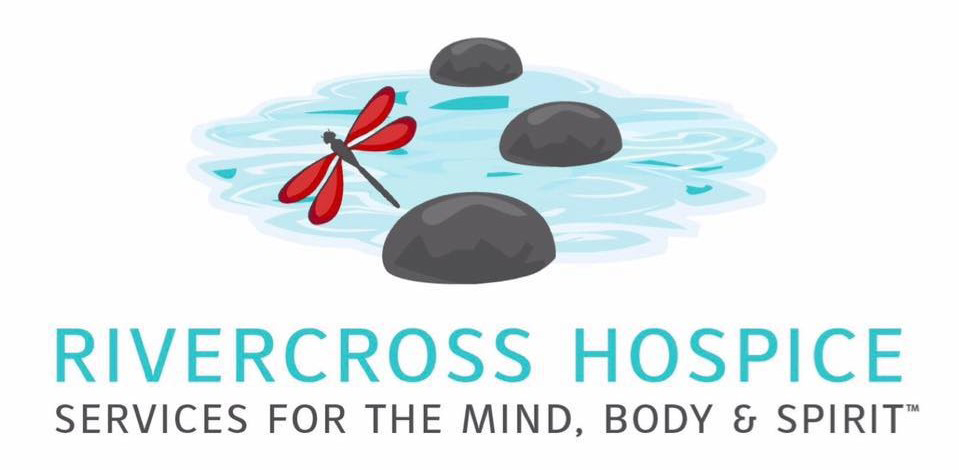Caregiving is a journey marked by deep compassion, commitment, and tireless support. As families turn to trusted providers for hospice care in Winfield, KS, it’s easy for caregivers to place the needs of their loved one above their own. However, without intentional self-care, even the most dedicated caregivers risk burnout, which can potentially impact both their own well-being and the quality of care they provide to loved ones. In this article, we’ll share practical self-care strategies and preventive tips specifically designed for caregivers within the hospice environment, empowering all of us to prioritize our health while delivering compassionate care.
Recognizing Burnout Signs: Why Self-Care is Non-Negotiable
Burnout isn’t merely feeling tired; it’s a persistent state of emotional, physical, and mental exhaustion, often paired with feelings of hopelessness or detachment. In the context of hospice caregiving, recognizing the early warning signs enables us to intervene before burnout occurs. Here are key indicators:
- Chronic fatigue, regardless of sleep
- Irritability, mood swings, or emotional numbness
- Withdrawing from friends or enjoyable activities
- Difficulty concentrating or making decisions
- Noticeable changes in eating or sleeping patterns
Proactively acknowledging these signs helps create a supportive environment where self-care isn’t just encouraged, but essential.
Practical Self-Care Strategies That Fit a Caregiver’s Reality
Carving out time for self-care might feel impossible amid daily caregiving demands, but small, intentional acts can make a huge difference. Consider incorporating the following:
1. Build a Personal Support Network
Enlist the help of friends, family, or local volunteer groups to share responsibilities. Regularly connecting, even for a quick check-in, combats isolation and offers practical respite.
2. Prioritize Restorative Activities
Schedule breaks for yourself. Whether it’s a walk outdoors, a warm bath, or simply reading for 15 minutes, these moments rejuvenate mind and body.
3. Practice Mindfulness or Relaxation Techniques
Mindful breathing, guided meditation, or gentle stretching can help manage stress. These practices are often easily integrated into daily routines with just a few minutes.
4. Set Boundaries and Practice Saying “No”
It’s okay to decline additional responsibilities. Setting clear limits preserves energy and helps maintain the quality of care for everyone involved.
5. Stay Nourished and Hydrated
Balanced meals and regular hydration support both physical health and emotional resilience, forming the foundation for sustainable caregiving.
6. Seek Professional Support When Needed
Reaching out to a counselor or joining a caregiver support group can provide validation, coping strategies, and a safe space to share.
How to Leverage Community Resources for Sustained Well-Being
Accessing external resources is crucial for the long-term health of caregivers. Hospice agencies like ours often play an active role in connecting caregivers with helpful services:

- Educational workshops and respite care programs are offered by hospice and community organizations.
- Peer support groups that create camaraderie and provide wisdom from those who truly understand.
- Helpful digital tools and apps for medication tracking, scheduling, or meditation guidance.
- Counseling and mental health resources are often available through hospice social workers.
By leveraging these community resources, caregivers not only strengthen themselves but also enhance their ability to support loved ones with empathy and consistency.
Creating a Sustainable Caregiving Plan to Prevent Burnout
Developing a personalized plan ensures caregivers can continue supporting others without sacrificing their own health. Here are actionable steps:
- Set aside regular time for personal enjoyment, even if it’s just a brief moment.
- Monitor physical and emotional changes; seek support early.
- Share caregiving duties among a network, including trusted professionals.
- Advocate for respite care if feeling overwhelmed.
- Continuously educate ourselves about available community resources.
Investing in these strategies enables us to remain present and compassionate as caregivers, fostering lasting connections while preventing burnout.
As we care deeply for our loved ones and provide the highest quality support through hospice care in Winfield, KS, let’s remember that our own well-being matters too. For more resources or individualized support, don’t hesitate to reach out to our caring team at Rivercross Healthcare. Compassionate support for both you and your loved one begins here.




